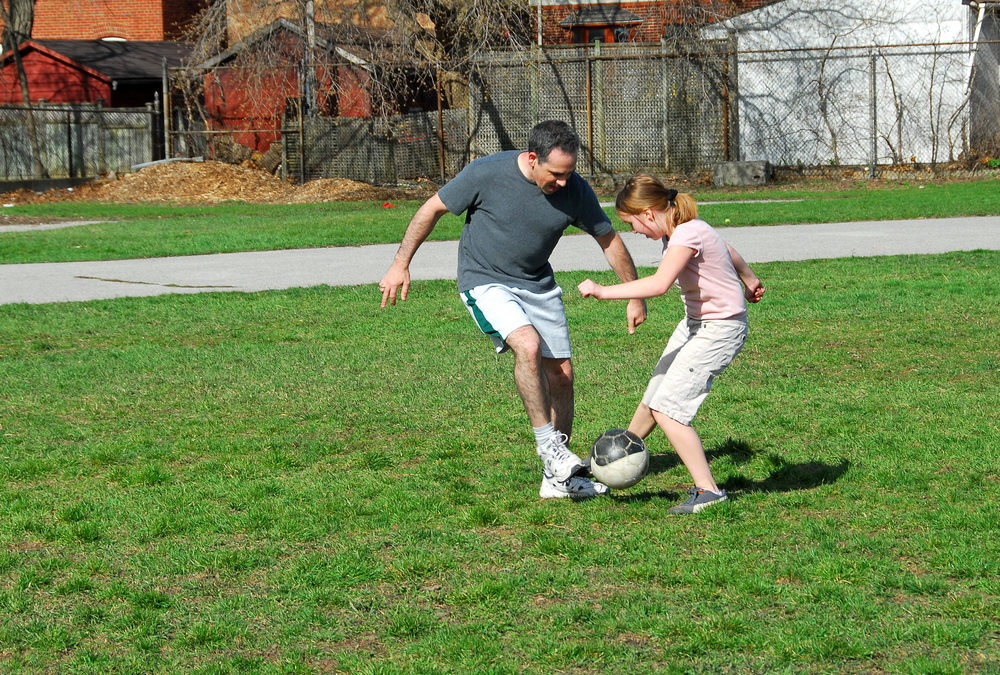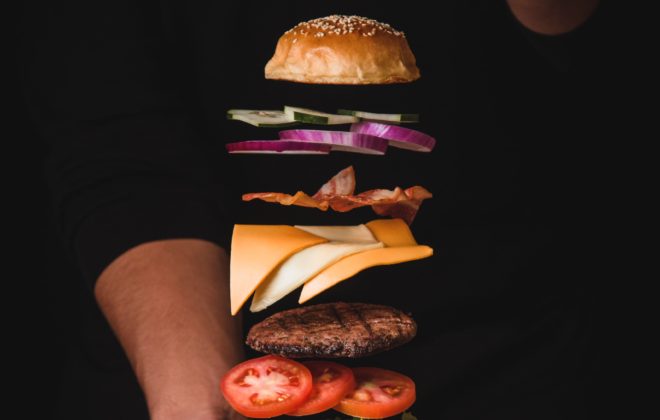Junior Sport Rep Teams – They Must Be Stopped.
Junior Sport Rep Teams – They Must Be Stopped!
By Wayne Goldsmith
Around the world – in every sport – there’s an obsession with finding and developing talent.
For the most part, this obsession leads to the creation of junior sport “pathways” which seek to funnel young athletes into junior sport rep (i.e. representative) teams.
(Note – for the purpose of this article Junior Sport Rep teams refers to young athletes aged 12 years of age and under).
Yet, when you sit back and think about it – Junior Sport Rep teams are actually harming sport.
They are doing little to either grow the numbers of kids training for and competing in sport – or improving the performances of athletes at the top end of the sport.
So why do we keep doing it?
Why are sports persisting with the Junior Sport Rep Team model?
Real Talent is Harder to Hide than it is the Find.
First and foremost…REAL talent is harder to HIDE than it is to FIND!
Having junior sport rep teams in place as a method for finding talented kids is a complete myth.
For a start, there’s no such thing as a “talented” kid under the age of 12.
Under the age of 12 – there’s no “super-stars” – no “legends” – very very few genuinely”talented” athletes.
The kids who get selected in junior rep teams for the most part are just a little bigger or stronger or have been exposed to higher training loads than the non-selected kids. Some of them just chose their parents really well.
In fact, if you look at the stats, having so-called “talent” at that age is a curse – not an advantage – as it is most likely that the “talented-kids” will either not be playing that particular sport – or will be out of sport all together by their mid teens.
There are Five Reasons Why Junior Sport Rep Teams Must be Stopped!
- Early rise equals early fall. There is a mountain of data around the world – and in all sports – that the kids who are selected in junior sport rep teams rarely – if ever – make it to the top as senior athletes. So junior sport rep teams have very little bearing on elite level sport. When I write about this – or when I talk about this in presentations, there’s always someone the audience who’ll yell out the name of an “outlier” – a superstar who was an outstanding Junior athlete and who then went on to conquer the sporting world, e.g. Andre Agassi, Michael Phelps, Lionel Messi and similar super-human athletes. Point taken. But – these “outliers” are so impossibly rare that to apply their one in a hundred million story to all junior athletes is ridiculous.
- Only the athletes and their parents who are involved in junior sport rep teams think it’s a cool idea. The athletes who don’t get selected – and their parents – often feel disgruntled and disappointed and as there’s rarely any detailed feedback to those kids and their parents about why they didn’t get selected they often react badly. Junior sport rep teams don’t create harmony within sports.
- Junior Sport Rep teams cost parents and sport a lot of money. Sport is expensive enough. Coaching fees. Registration fees. Facility use fees. Equipment costs. Sport – particularly for families with more than child can be expensive. To then say to parents, “your child is in the “rep” team so you’ll need to pay for “rep” team clothing, pay for additional “rep” team training and pay to attend “rep” competitions is asking some families to stretch their sporting dollars a little too far.
- The kids who are NOT selected in junior sport rep teams mistakenly believe they’ve got no talent. This is a big one. Often, the kids who miss out on junior sport rep teams are left with the belief that as they didn’t get selected, they have no talent – and therefore no future in sport. They are then left with three choices. Continue in the sport – because they love doing it – even though they mistakenly believe they lack talent. Drop out of the sport – and try another sport. Or drop out of sport altogether. Increasingly, the data suggests that the majority of kids are dropping out of competitive sport all together.
- There’s no evidence that supports the idea that having junior sport rep teams increases the numbers of competitors OR the quality of those competitors. Think about it for a moment. If the kids in junior sport rep teams rarely make it to the top as senior athletes and if the kids who aren’t selected become disillusioned and drop out – junior sport rep teams are doing nothing for either the quality or the quantity of the athletes competing in your sport.
There is no logic – no reason – no possible justification for continuing to select and drive junior sport rep programs, so the question is – why do all sports still do it?
So Why Do All Sports Have Junior Sport Rep Teams?
- Because that’s the way we’ve always done it. Plain and simple. The primary reason so many sports are continuing with the Junior Sport Rep teams model is that they’ve always done it that way.
- Because of the political fall-out of not having them. Imagine for a moment you were a sport leader in a national sporting organization and you made an announcement that as of next season you were stopping all junior sport rep teams. There’d be a riot!
- Because the parents of “talented” kids will insist on having them. Unfortunately there are many parents – in spite of common sense – and in spite of the various sporting parents education materials available – who need to see that their kids are better than the other kids. Many parents love nothing more than telling other parents, “my child is a “rep” player” or “my son is in the “rep” team”. Until we can break this thinking – it will be very difficult to stop the junior sport rep team obsession.
- Because of the habits and traditions in sport – and the hopes and dreams that the old model might work. Let’s face it, regardless of what the data says about “early rise – early fall” – junior sport rep teams make sense. It makes sense to think that if we get all the talented 10 year old football players together in the same team, then they will grow and flourish as a talented group. However, over 50 years of evidence in sports all over the world says this is just not the case.
- Because of egos. Coaches like seeing kids succeed and be recognized. So do parents. So do sports clubs. And – so do the kids themselves. While the “buzz” of making a junior sport rep team is such a powerful incentive, no one – certainly no-one working in sports administration is likely to seriously stand up in public and say “we’re not supporting a junior sport rep team program any more”.
So What’s the Solution? What are the Alternatives to Junior Sport Rep Teams?
- First of all, stop believing – stop supporting – stop investing in the myth of the “pathway”. It is a terrible concept and it’s taken so many sports – so many coaches – so many parents – down the wrong – I hate to say it – pathway. The pathway concept – in principle makes sense – but in reality it has fooled parents, athletes, sporting clubs and coaches into believing that every kid who starts playing a sport is on a linear path towards elite level success and nothing could be further from the truth. There is no pathway! If anything, there’s a big “bucket” where we aim to provide every young athlete – and their families – with interesting, engaging, exciting, challenging, enjoyable sports experiences and the ones with the talent and the ambition and the passion will find their “path”.
- Step back for a moment and think about what it takes to be successful. Sure – there’s an element of physical talent involved in competitive sport but the qualities of human beings that lead to success are the same the world over…hard work, commitment, dedication, passion, drive, enthusiasm, resilience, humility, honesty…these qualities are far more important – more enduring – more essential than having a huge V02 Max, a fast 20 metre sprint time or an outstanding vertical jump score. By basing our sport development systems on physical talent, we are overlooking the obvious: sport at all levels is so much more than just physical talent. Why not focus on the holistic development of all young athletes – develop them as people – help them to grow values and virtues and to build character – help them to become all they can be as human beings – and if they also possess the physical talent and drive to be outstanding athletes then that’s a bonus.
- Invest in outstanding coaching at Club level. One of the justifications for Junior Sport rep teams is that being part of the “rep” program means the “talented” child has access to better quality coaching and development experiences. So…..why not give ALL kids the benefit of outstanding coaching and access to brilliant coaches. Everyone wins!
Summary:
- There is no reason to continue with the practice of selecting and conducting Junior Sport rep teams other than the worst reason of all – “that’s what we’ve always done”. In other words – there is no reason to keep doing it.
- When you stop and think about it, junior sport rep teams cause far more damage to sport than any possible gain. It’s time we stopped this ridiculous practice and invested in better quality coaching and outstanding athlete development experiences in all clubs, schools and where ever sport is played and enjoyed around the world.
- The biggest obstacle to the change we need to see will be in the hearts and minds of the club and local level sport administrators who’ve invested a lot of time and money into their junior sport rep programs and in spite of the logic behind the rationale to change – they’ll likely fight this every step of the way.
- The old saying about common sense – is that it’s not that common. It’s going to take a while to get the message across to sports administrators, to parents, to coaches and to athletes that junior sport rep teams are not the positive aspect of sport it may have once been and to shift focus from selecting REP teams to the meeting needs of every athlete – and every family regardless of their “talent”.
Wayne Goldsmith
Tags In
Related Posts
1 Comment
Leave a Reply Cancel reply
Categories
- Athlete Development (3)
- Coach Development (1)
- New Sport (10)
- Sports Parenting (1)
- Sports Participation (1)
- Sports Science (1)
- Sports Systems (4)







[…] Kids were – and still are for the most part – walking away from traditional, organized, … […]